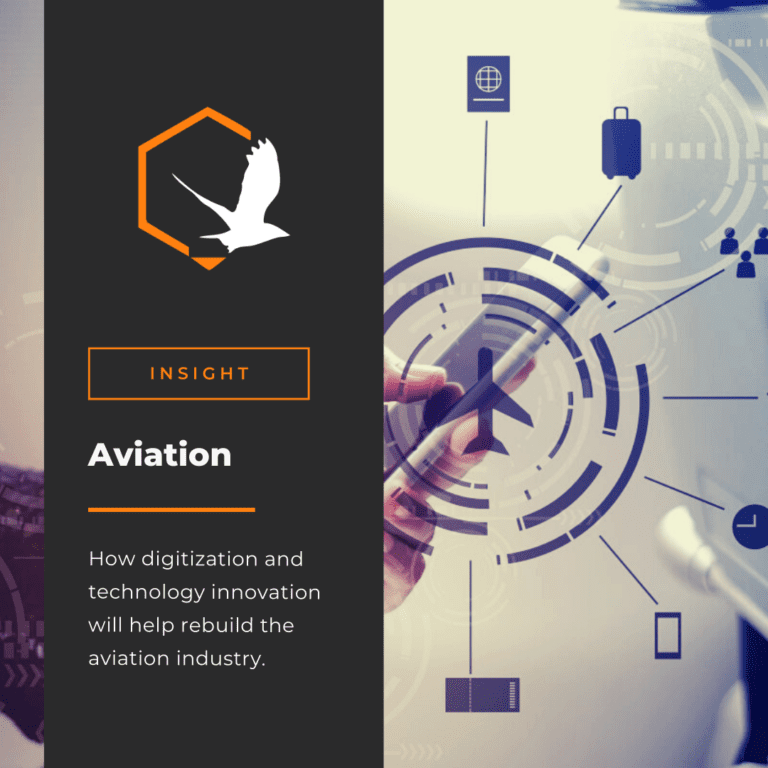Every pandemic has two outcomes, according to medical history. On the one side, there is the obvious, medical way: when there are relatively fewer cases of illness and death; when more vaccinations are available; and when a large segment of the population of entire continents has developed immunity to the respective pathogen.
Even so, a pandemic has a social impact. It occurs when societies, medicine, and science agree that a disease cannot be completely eradicated and that we must live with its perpetuity. Maybe we’re on the verge. Despite mutations and a reported slight increase in the number of cases, we are loosening strict regulations and reopening previously closed areas.
This is made possible by new methods to the pandemic. Regardless of the new measures, such as mass testing, vaccinations, or improved data exchange with authorities, any change begins in our minds. This also applies to the travel and airline industries. International travel should become more feasible with the help of digitisation and technology innovation, for example, digital vaccination passport.
Innovation boost through digitization
Airlines, Airports, ground handlers, government agencies, and electronic service providers have all officially started previously unheard-of cooperation and collaboration. The last twelve months have seen an increase in innovation in the industry, owing primarily to digitalization. In the face of constantly changing parameters like apps, contactless payment, digital contact tracking, and automated planning this has emerged as key drivers of innovation. There are also some changes in communication that were sorely needed. Good communication is essential for regaining passengers’ trust in aviation. It is the only way to ensure a successful restart. The inconsistency with which rules and guidance are applied threatens to undermine public trust and the drive to rebuild demand.
Despite the losses, the industry will continue to invest money in these areas in the coming months and years, with the expectation that it will pay off. When it comes to increasing productivity, money invested equals money saved. Employees are better able to fulfil and document tasks when they can use data more easily and accurately in their operational work.
Our source and for more insight, Checkout

